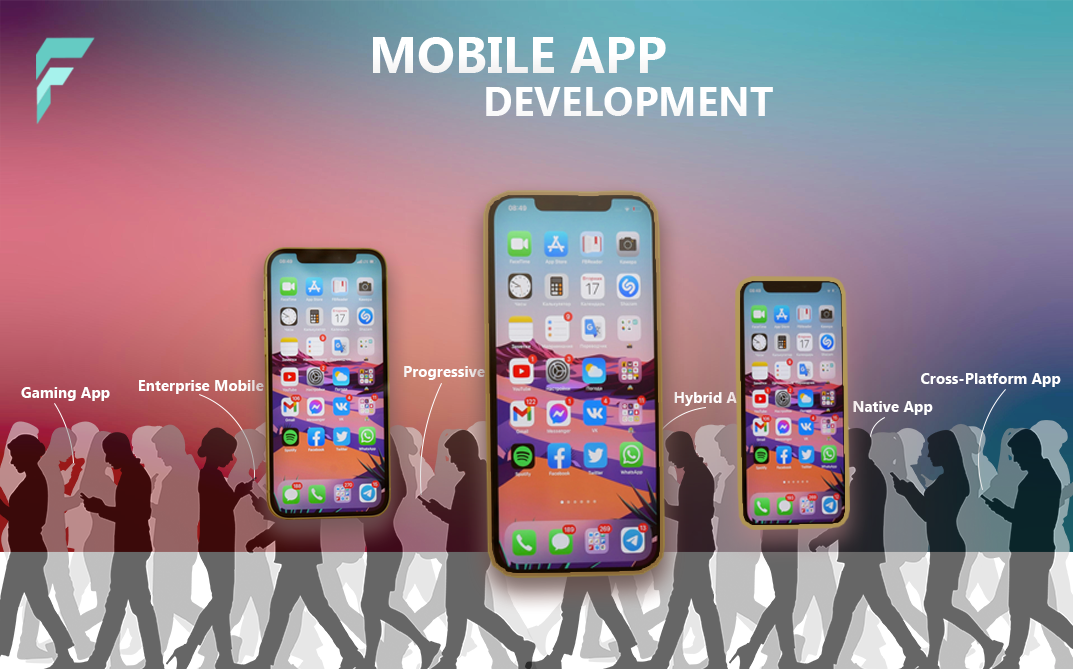Gaming App Development
Explore gaming app development—learn about types, development process, platforms, technologies, costs, and the best game engines
Explore gaming app development—learn about types, development process, platforms, technologies, costs, and the best game engines
Gaming App Development is the process of designing and building immersive games for mobile devices, combining coding, graphic design, sound, and user interface development to deliver an engaging user experience
Gaming App Development has transformed into a multi-billion-dollar industry, offering immersive experiences across various platforms. With advancements in technology, developers can now create highly interactive and visually stunning games for different devices. From casual mobile games to high-end console experiences, gaming apps cater to a vast audience.

Gaming apps are classified based on their gameplay, target audience, and platform. Here are some common types:
The development of a gaming app involves multiple stages, from concept to deployment. Here is an overview of the process:
Gaming apps can be developed for different platforms, each offering unique advantages:
Gaming apps require advanced technologies to deliver engaging experiences. Key technologies include:
Ensuring a smooth gaming experience requires performance optimization. Follow these steps to enhance game performance:
The cost of Gaming App Development varies based on complexity, platform, and features. Factors affecting costs include:
Game engines provide tools and frameworks for game development. Some of the most effective engines include:

Choose F12 Technologies for industry-leading mobile app solutions designed to boost engagement, efficiency, and growth for your business.
We tailor our services to meet your specific requirements, ensuring innovative and impactful solutions that help you achieve your goals.
Contact Us